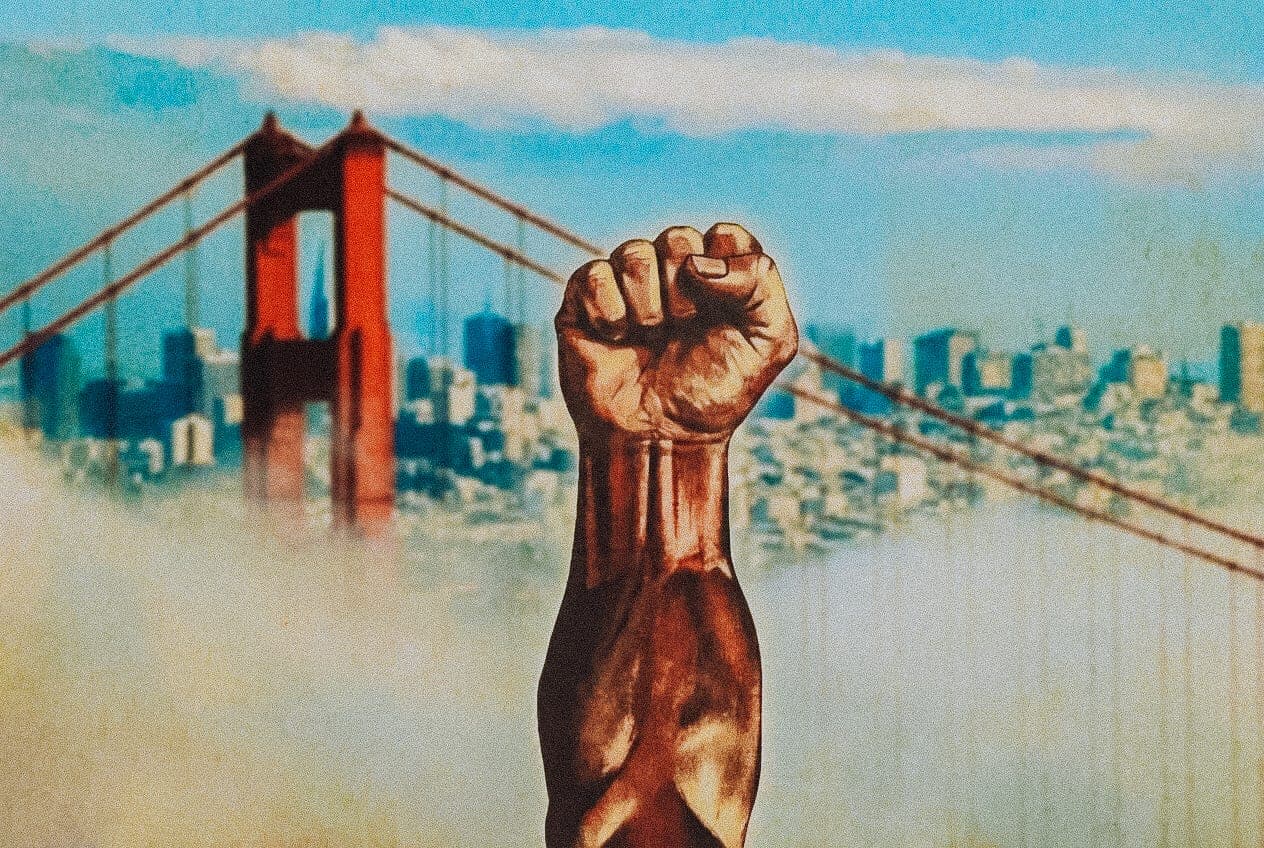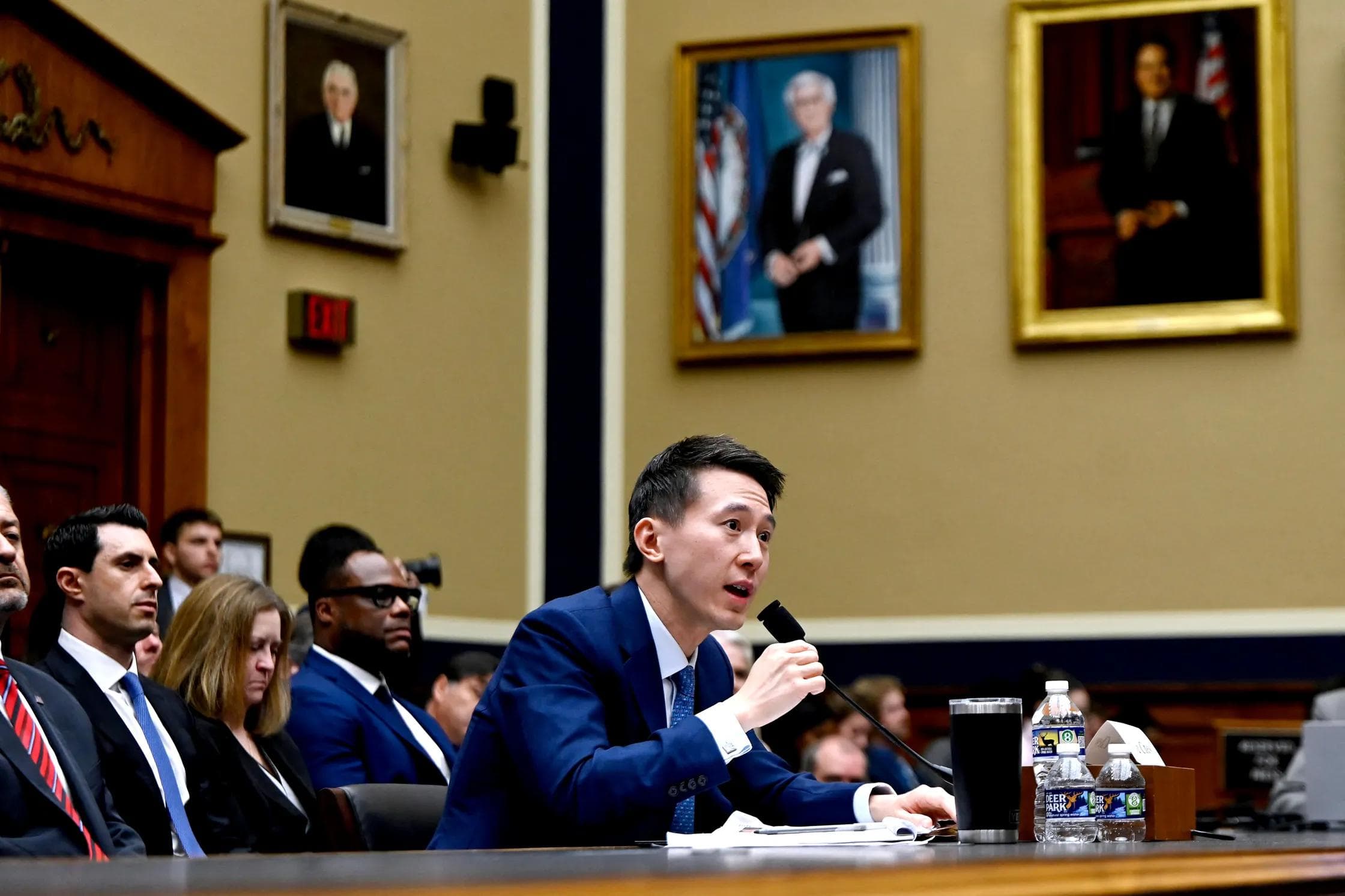
SF Really Wants To Give Black People $5M ChecksDec 20
the city's reparations scheme is dreaming big, delivering nothing, and derailing city funds
Mar 23, 2023

Welcome to America, we hate you. Thursday morning, TikTok CEO Shou Zi Chew appeared before the House Energy and Commerce Committee in a grueling 5+ hour hearing to defend the right — we quickly learned — of TikTok to exist. Out of the gate, there was broad, bi-partisan agreement the app was dangerous, had already abused the data of 150 million Americans, and had almost certainly led to CCP spying. “TikTok is a weapon,” Committee Chairwoman Rodgers succinctly stated. A large subset of questions, mostly from Democrats but also including many Republicans, further targeted the company in a manner more familiar to tech executives not owned by the Chinese Communist Party: you are literally killing our women and children, and also (exclusively Democrats) “misinforming” the population. In this way, our congressional leaders managed to argue for Chinese-style authority while demanding protection from Chinese authority.